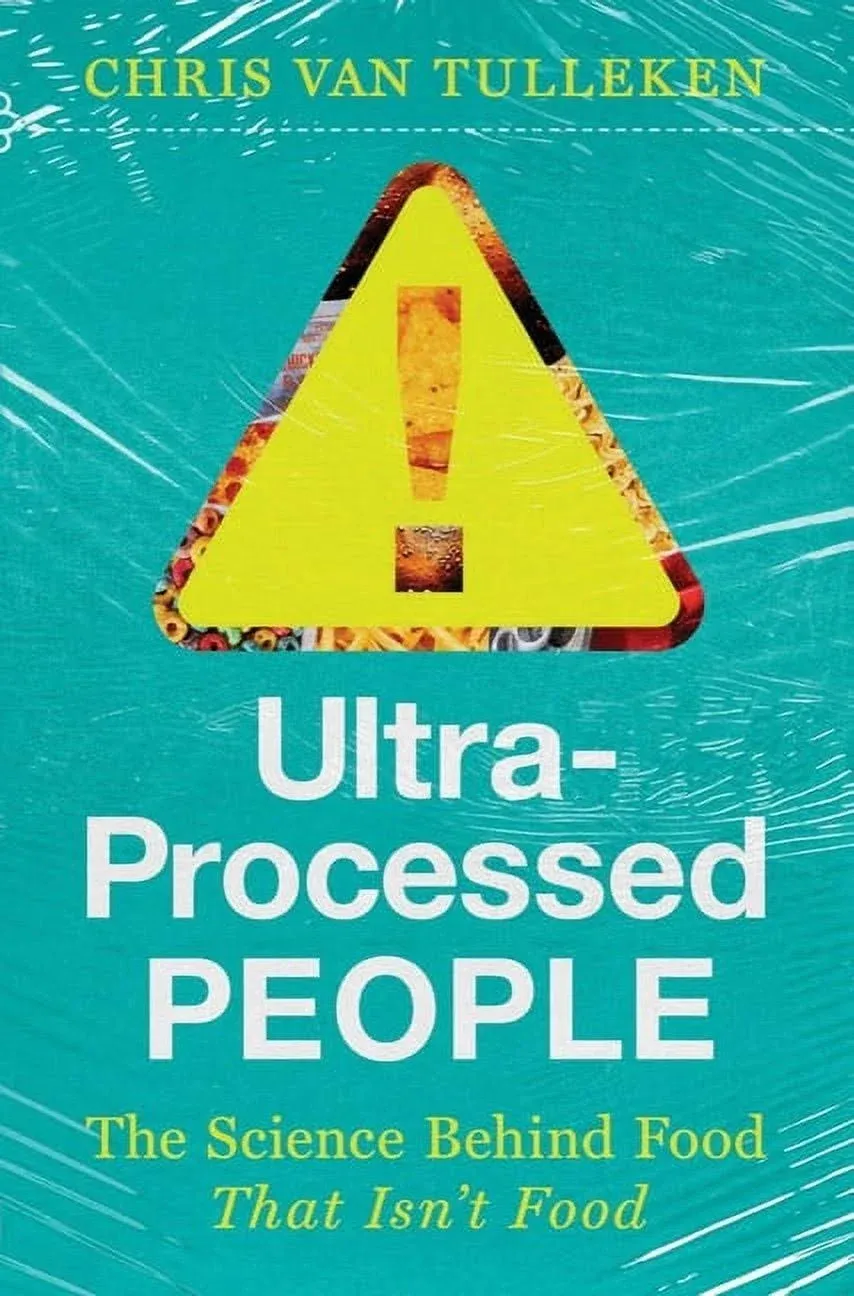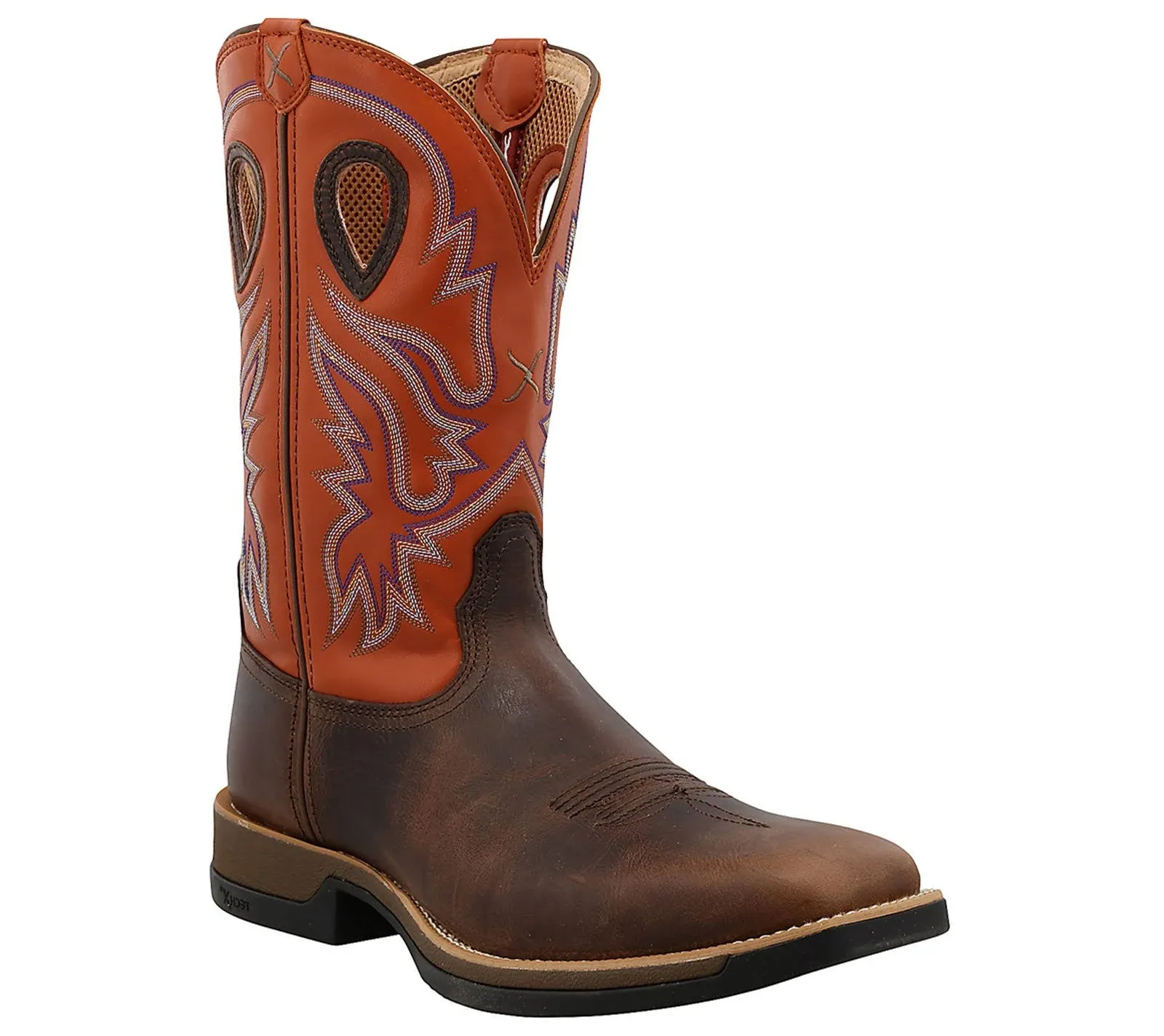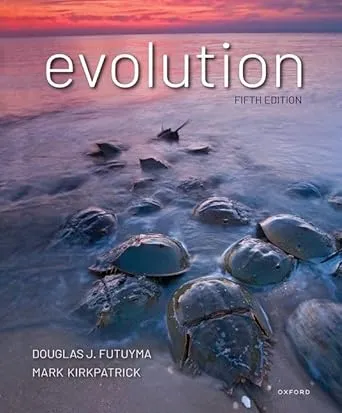
Evolution
ADVERTISEMENT
Product Details
Because all organisms, and all their characteristics, are products of a history of evolutionary change, the scope of an evolutionary biology course can be an overwhelming challenge for students; organismal biology, including paleobiology, ecology, animal behavior, physiology and systematics are all central to evolutionary biology. Instructors want students to gain a big picture view in which they understand the general principles of evolution and the process of evolutionary change. In Evolution, 5e the authors provide learning objectives for each major section that are supported by signposts at key points in the manuscript to highlight and summarize key takeaways. A broader view of the subject is presented by using abstract concepts, such as natural selection, and providing a range of applications and implications so that students can recognize evolutionary patterns of change. Students in this course also struggle with thinking like scientists-they need to understand theoretical hypotheses and ideas, and how and why the empirical study provides evidence for them. Evolution guides the student through hypothesis testing by posing informed hypotheses, making predictions based on what we do know, and judging the validity of each hypothesis vis-a-vis observations. Part of any discussion of hypothesis testing is acknowledging that evolution, like other branches of science, is evolving. In this edition, the authors include What We Don't Know boxes that convey that scientific ideas are constantly being tested and revised. Students struggle with quantitative skills and need practice manipulating data in this course. End of chapter Data Analysis questions gives students practice in performing calculations, experimental design, and interpreting and analyzing data. As additional support, the authors have included a Statistics Primer that introduces the... view more

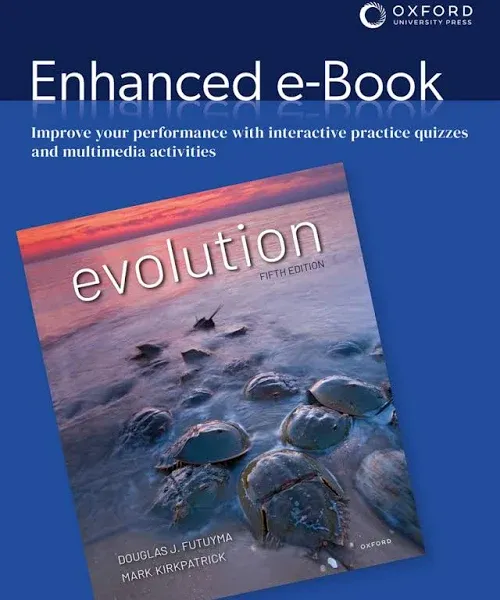
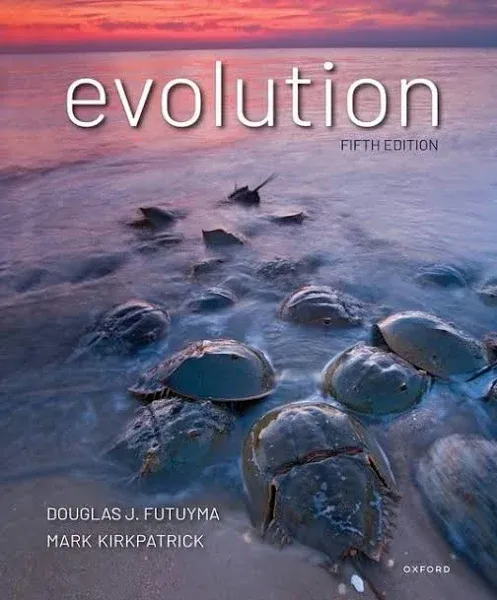
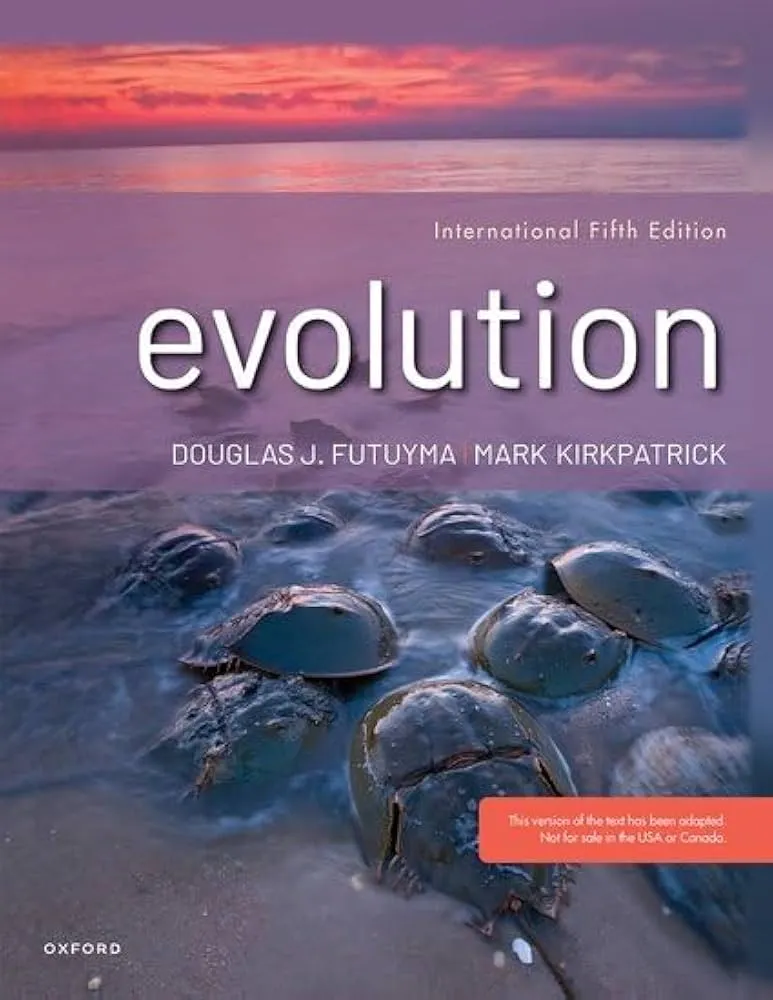
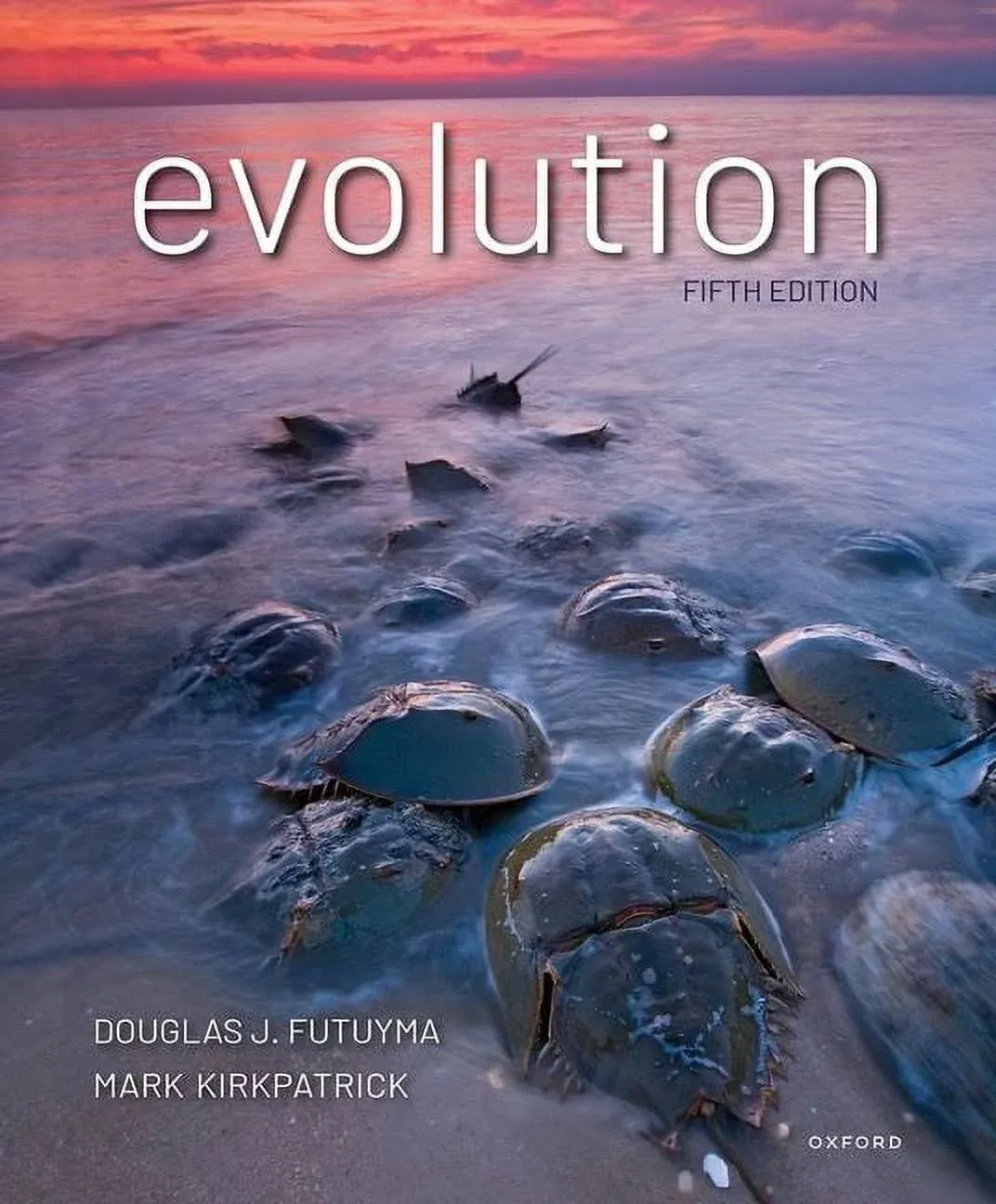
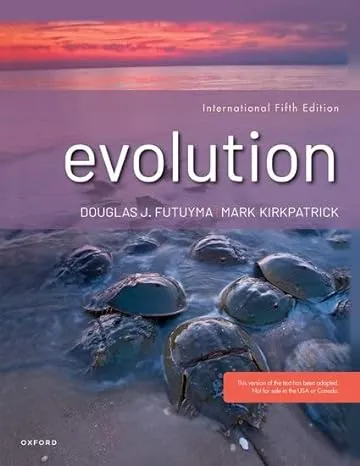
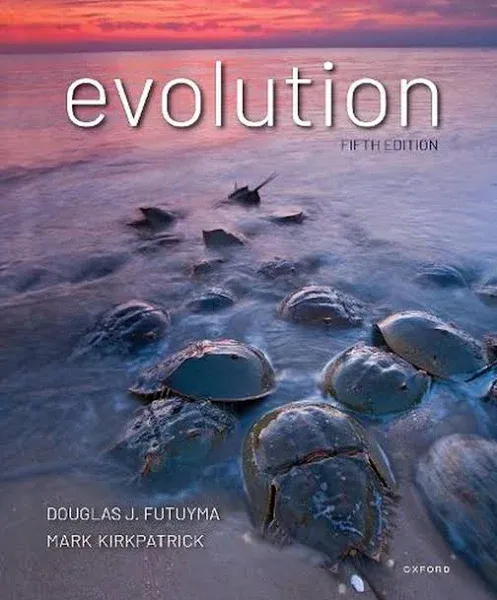

![Eclipse Almanac 2021 to 2030 - Color Edition [Book]](https://img.price-advicing.com/ccsimg/dcs/images/2024_04_08/83f7bb67704790cc191b3ac6ebac60a5.webp)

